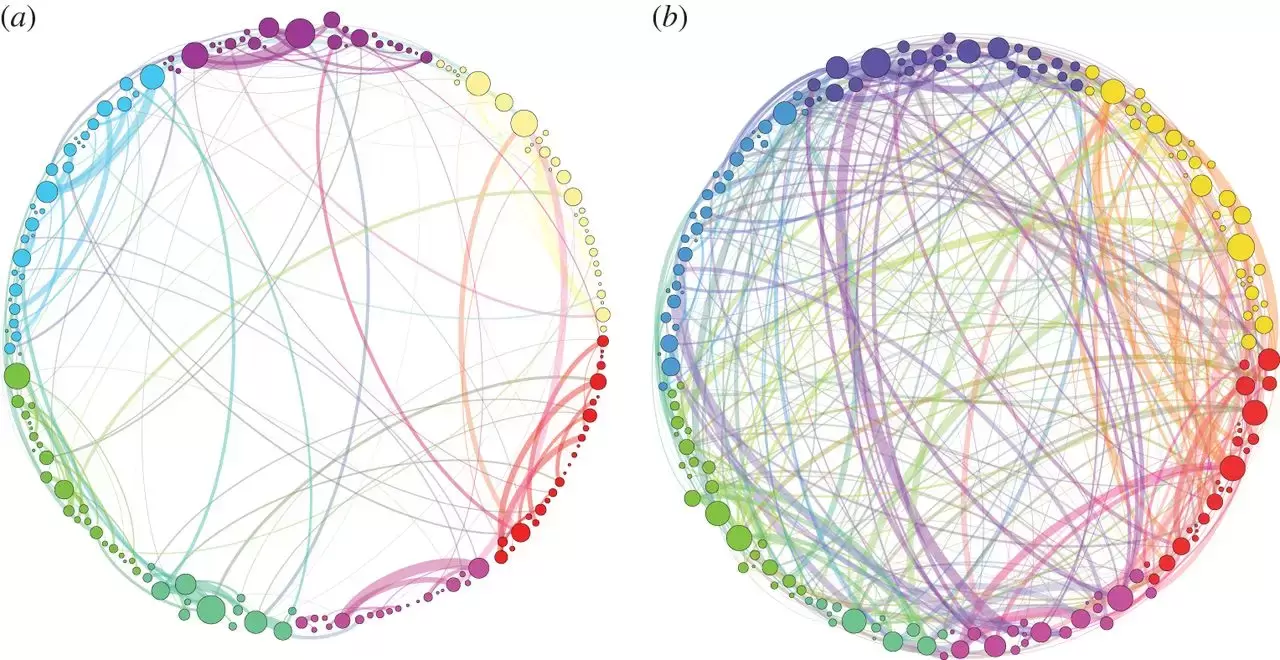Welcome to Your Healing Journey
|
We offer in office ketamine IM (intramuscular) injections for treating mental health problems. Injections are a simple and unobtrusive way to receive ketamine. Some people like to have their therapist present for the session, therapist's are welcome to attend your journey and we're able to travel to your therapist's office as well.

What is Ketamine?
For the last 20 years, ketamine has been used to help with depression and other mental health disorders. Ketamine seems to help most with depression, but can also be helpful for anxiety, and PTSD. Ketamine is off label, meaning it isn't approved by the FDA for treating mental health conditions, though it is FDA approved as anesthesia. Many medications, including ketamine, are safely used off label. Ketamine often works quickly, sometimes people even start to feel better during the first session, and is one of the medications that can help rapidly with suicidal thoughts. Usually a series of sessions are recommended to treat mental health problems, but it can also be used for psychotherapy more sporadically. Ketamine is used as a medicine only or it can also be used in combination with therapy to create a powerful synergy that can speed up the healing work you already do in therapy. How Ketamine Works We don't totally know why or how ketamine works. It is known to work in the brain by affecting the function of multiple neurotransmitters and ultimately ends up improving the neurotransmission of important neurotransmitters, reducing inflammation, growing new dendrites, and increasing neuroplasticity in the brain. Meaning, the brain actually changes and improves its physical structure as well as how it functions after receiving ketamine (the same happens with psilocybin-see the image to the right, it also happens with antidepressant SSRI's-but is slower). The overall effect is the potential to reduce mental health symptoms and emotional suffering. Some of these positive effects may be long lasting, sometimes they are short lived and some people may need ongoing treatment with ketamine to maintain the positive effects. Research suggests about 60% of people have a positive response to ketamine and it has been shown to be as effective as some antidepressants. Side effects are usually mild and transient and are explained in more detail in the informed consent below. Ketamine can also create a meaningful psycho-spiritual experience. The psychedelic or trance effects of ketamine can evoke deeply meaningful spiritual or psychological experiences. If you would like to bring your therapist to the session or have the session at your therapist's office we can do that as well. Home visits are available in some circumstances, too. If you're interested in ketamine, contact us, we'd love to hear from you! Interesting ketamine reads: Listening to Ketamine or Ketamine—50 years in use: from anesthesia to rapid antidepressant effects and neurobiological mechanisms Contact us to learn more about how ketamine could help you. Ketamine Session Fees:
Psychiatric Evaluation $350 Ketamine Medicine Session $400 Psychotherapy Session $250 No show or late cancellation $125 (24 hours notice) Travel fee to your home or $100+ based on distance. therapist's office You can have your therapist attend the ketamine sessions with you, as well, though their fees are separate. Insurance: Unfortunately, because ketamine is not approved by the FDA, it is also not covered by insurance. The psychiatric evaluation often is covered by insurance based on your plan benefits. |
Ketamine Reading
Brainfacts.org Listening to Ketamine New York Times Opinion: I Was Paralyzed by Severe Depression. Then Came Ketamine. Ketamine—50 years in use: from anesthesia to rapid antidepressant effects and neurobiological mechanisms. Ketamine and serotonergic psychedelics: An update on the mechanisms and biosignatures underlying rapid-acting antidepressant treatment Clinical use of ketamine in psychiatric disorders Single i.v. ketamine augmentation of newly initiated escitalopram for major depression: results from a randomized, placebo-controlled 4-week study What I wish I'd known before ketamine therapy Worth the trip: psychedelics as an emerging tool for psychotherapy. Ketamine exerts its sustained antidepressant effects via cell-type-specific regulation of Kcnq2 Is (R)-ketamine a potential therapeutic agent for treatment-resistant depression with less detrimental side effects? A review of molecular mechanisms underlying ketamine and its enantiomers. Ketamine as an antidepressant: overview of its mechanisms of action and potential predictive biomarkers Ketamine for treatment-resistant depression: recent developments and clinical applications. Repurposing Ketamine in Depression and Related Disorders: Can This Enigmatic Drug Achieve Success? About MDMA and Psilocybin Assisted Psychotherapy Nature Medicine: MDMA-assisted therapy for severe PTSD: a randomized, double-blind, placebo-controlled phase 3 study. Frontiers in Psychiatry: Breakthrough for Trauma Treatment: Safety and Efficacy of MDMA-Assisted Psychotherapy Compared to Paroxetine and Sertraline. Neural mechanisms underlying psilocybin’s therapeutic potential – the need for preclinical in vivo electrophysiology. Visualization of the brain connections in the brain of a person on psilocybin (right) and the brain of a person not given the drug (left) showing higher connectivity and plasticity after psilocybin. From the Journal of the Royal Society Interface.
|
Four types of Ketamine Sessions
The Psychiatric Evaluation is an evaluation for diagnosing mental health disorders and for determining if ketamine is a treatment that would be safe and potentially effective for you. It is typically one hour long, though sometimes 2 sessions are needed to complete an evaluation.
The Preparation session is the session where we can explain what to expect during the ketamine session and from ketamine overall. We can get to know you better and can look further into what you want to focus on in treatment, the problems you've been experiencing, and important life experiences that may make meaning from the ketamine experience. During this time you can set goals or intentions and ask questions about what to expect. This session is usually one hour and is sometimes completed during the evaluation.
The Ketamine medicine session is usually 2 hours, though it can be longer. Most people will experience the medicine for about 40-60 minutes and will have about an hour afterwards to start to integrate or talk about the experience and it's meaning.
The Integration sessions are optional psychotherapy sessions and can happen on the same day as the medicine session, immediately after the ketamine session, and/or on another day after the session. Integration sessions are a chance to go deeper into the ketamine experience and can be combined with other psychotherapies, including parts therapy, trauma focused therapies, self-compassion therapies, or for spiritual growth. The ketamine experience can be rich, so take your time in coming to understand it and the experiences that come up around it. This is time when you can talk about and sense the ketamine journey experience, what or how you experienced it, emotions or experiences that came up, connect to past experiences, create meaning, or process the experience. Some people may have more than one, or even many, integration sessions before another ketamine session. Integration session are usually one hour long.
Contact us if you would like more information!
The Psychiatric Evaluation is an evaluation for diagnosing mental health disorders and for determining if ketamine is a treatment that would be safe and potentially effective for you. It is typically one hour long, though sometimes 2 sessions are needed to complete an evaluation.
The Preparation session is the session where we can explain what to expect during the ketamine session and from ketamine overall. We can get to know you better and can look further into what you want to focus on in treatment, the problems you've been experiencing, and important life experiences that may make meaning from the ketamine experience. During this time you can set goals or intentions and ask questions about what to expect. This session is usually one hour and is sometimes completed during the evaluation.
The Ketamine medicine session is usually 2 hours, though it can be longer. Most people will experience the medicine for about 40-60 minutes and will have about an hour afterwards to start to integrate or talk about the experience and it's meaning.
The Integration sessions are optional psychotherapy sessions and can happen on the same day as the medicine session, immediately after the ketamine session, and/or on another day after the session. Integration sessions are a chance to go deeper into the ketamine experience and can be combined with other psychotherapies, including parts therapy, trauma focused therapies, self-compassion therapies, or for spiritual growth. The ketamine experience can be rich, so take your time in coming to understand it and the experiences that come up around it. This is time when you can talk about and sense the ketamine journey experience, what or how you experienced it, emotions or experiences that came up, connect to past experiences, create meaning, or process the experience. Some people may have more than one, or even many, integration sessions before another ketamine session. Integration session are usually one hour long.
Contact us if you would like more information!
Gilroy Office
8339 CHURCH STREET, SUITE 114, GILROY, CA 95020
Phone 408-767-2337 Fax 415-376-4572
[email protected]
Gilroymentalhealth.com
Phone 408-767-2337 Fax 415-376-4572
[email protected]
Gilroymentalhealth.com
Copyright © Kerstin Helgason, NP, All rights reserved.
